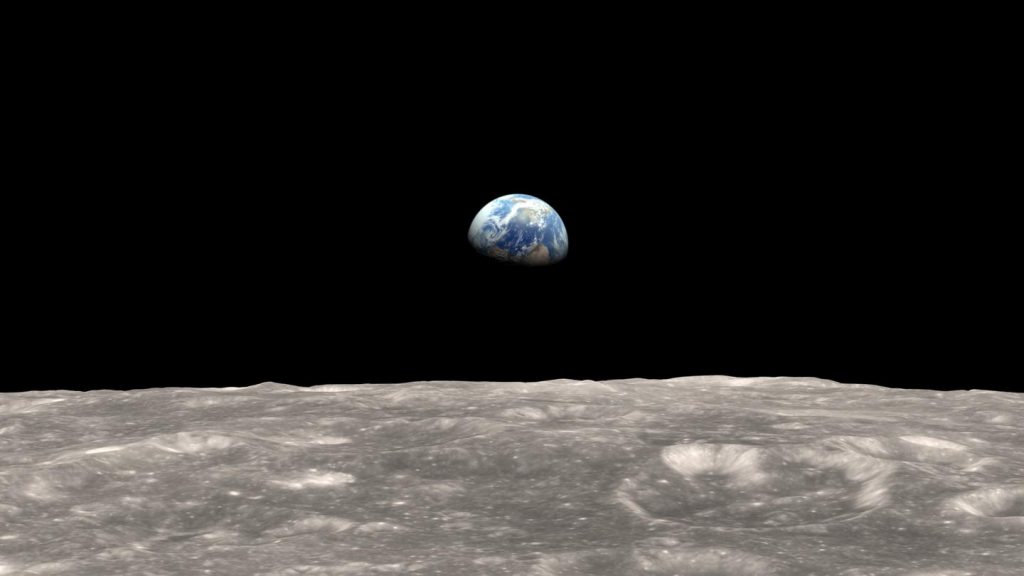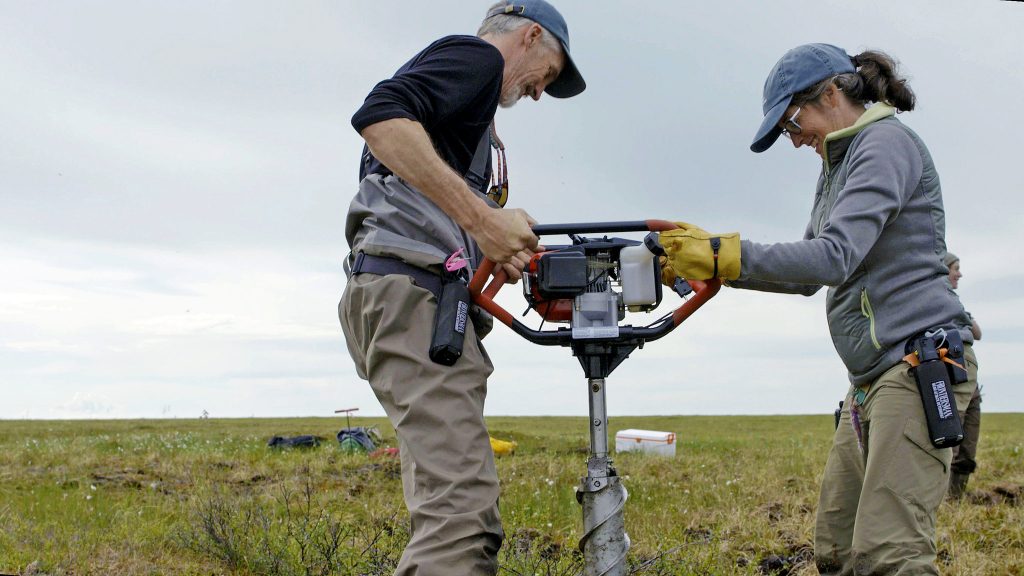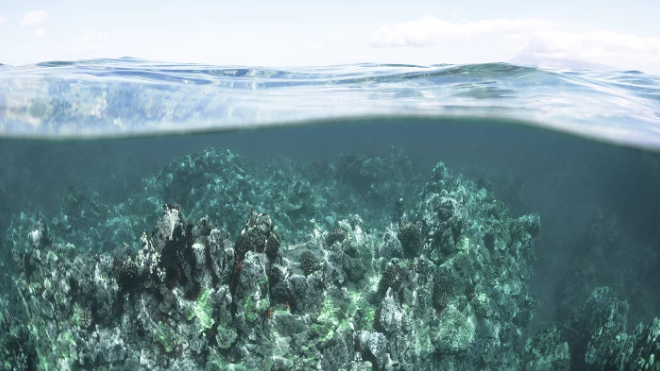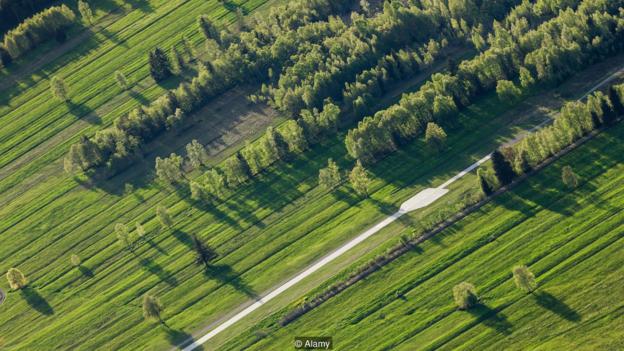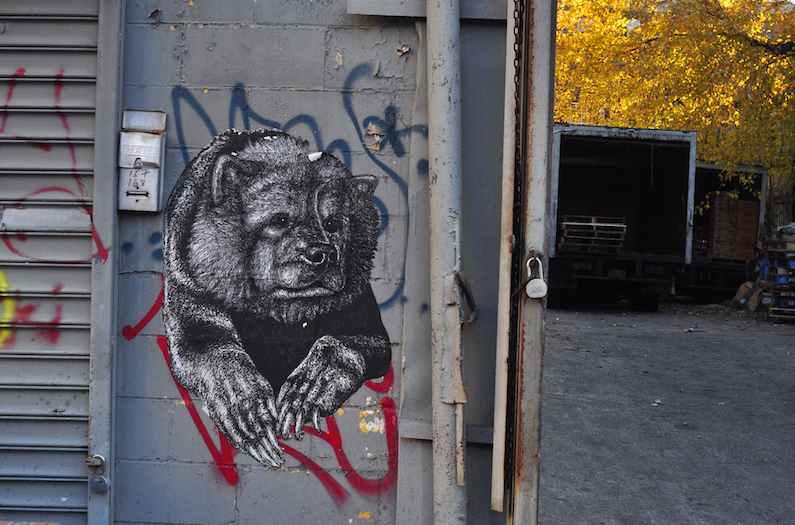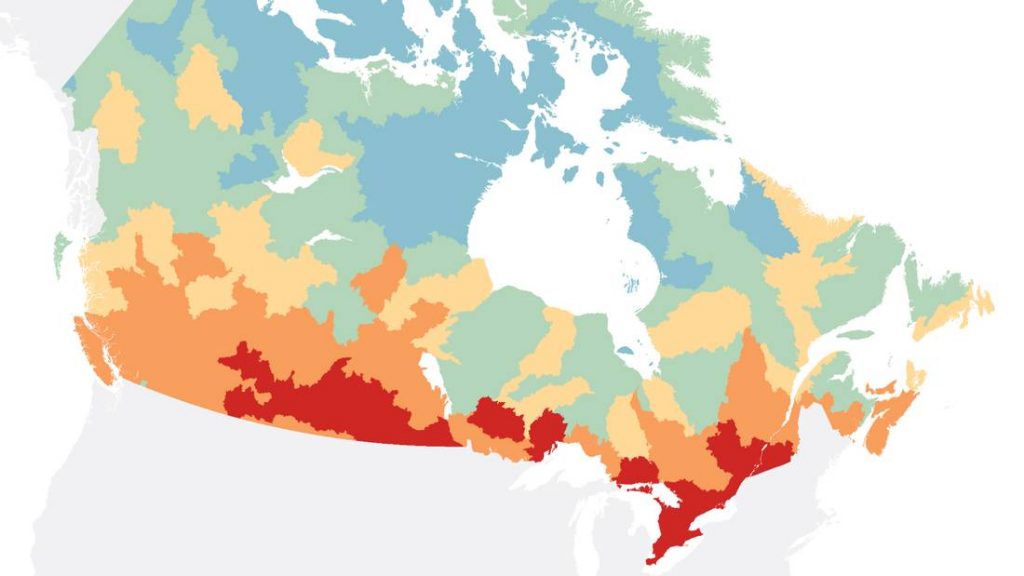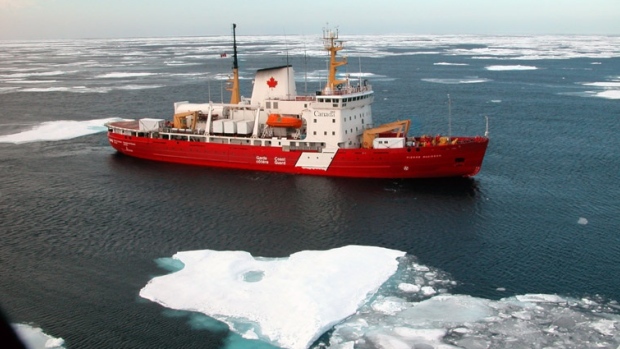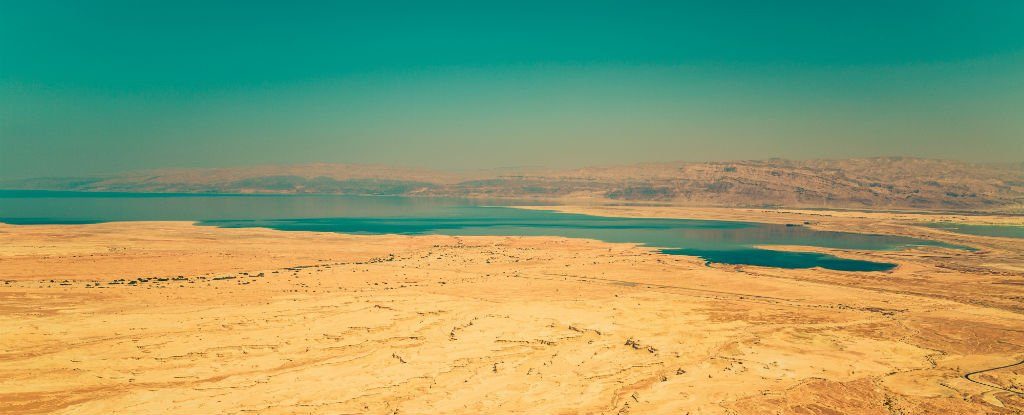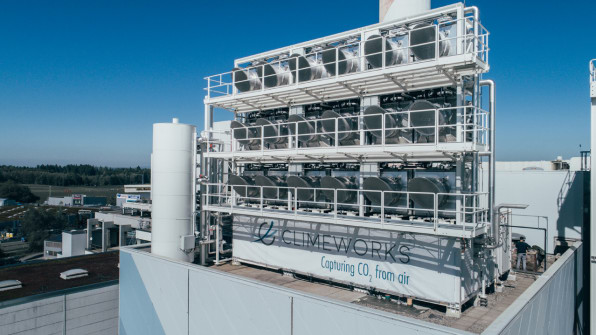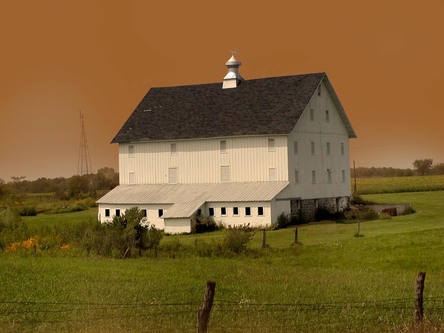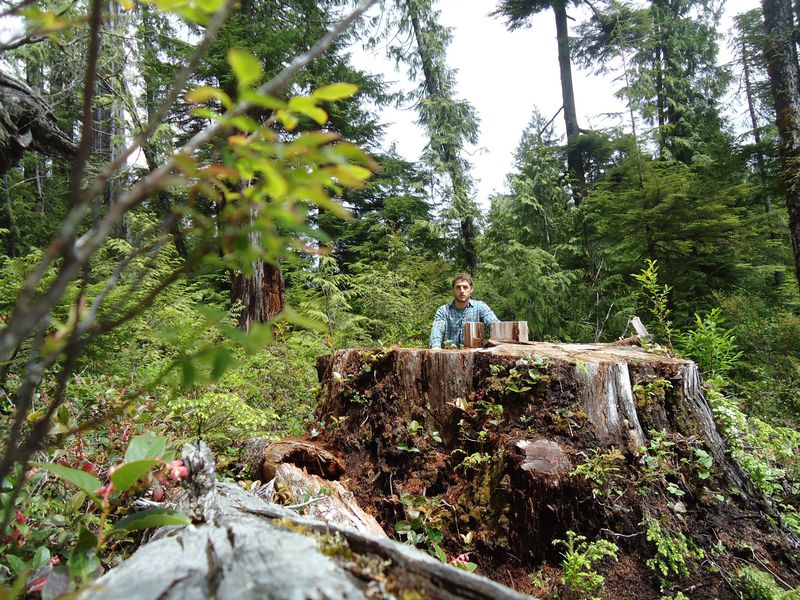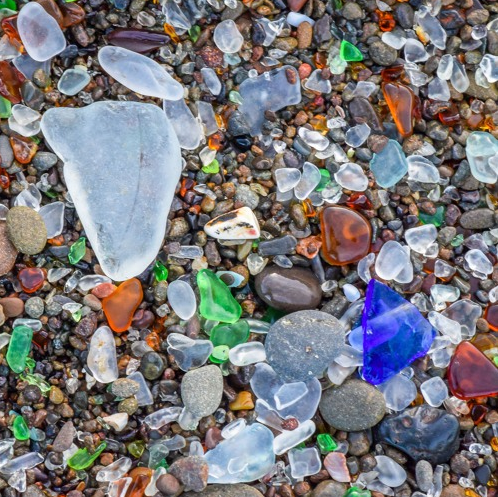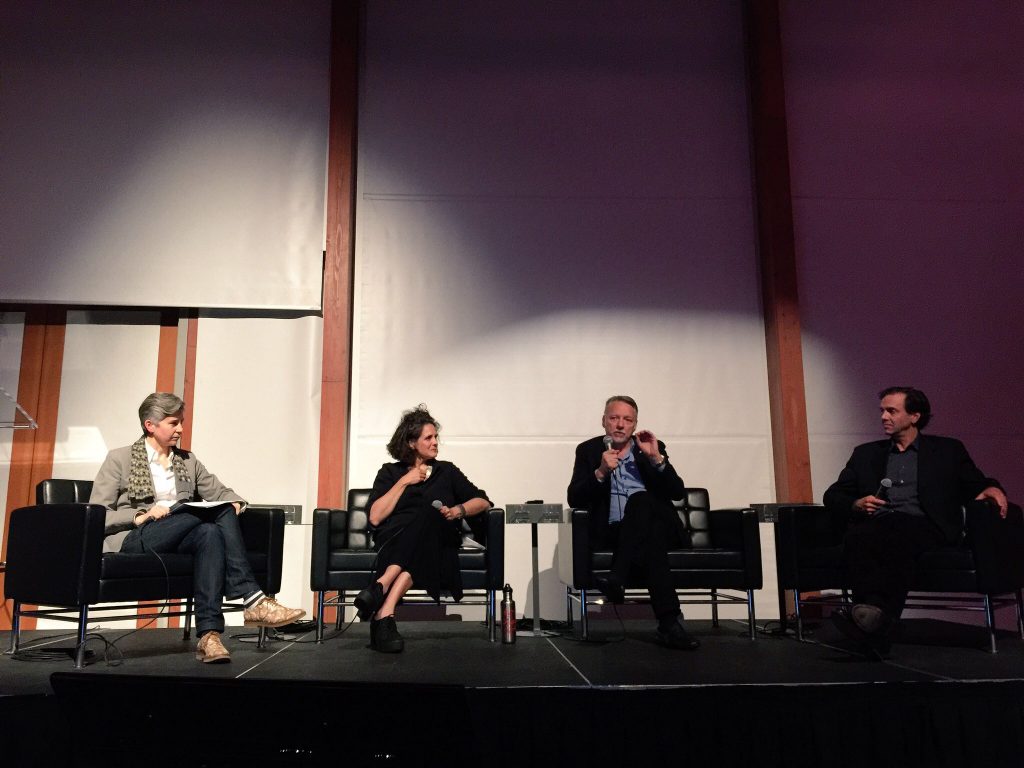Project Press
The Anthropocene Will Help Astrobiologists Understand Alien Worlds
By Daniel Oberhaus | Motherboard “In our perspective, the beginning of the Anthropocene can be seen as the onset of the hybridization of the planet, a transitional stage from one class of planetary systems to another,” the researchers write in their paper. “From an astrobiological perspective, Earth’s entry into the Anthropocene represents what might be a…
Read MoreAlaska’s Permafrost is Melting
By Henry Fountain | The New York Times YUKON DELTA NATIONAL WILDLIFE REFUGE, Alaska — The Arctic is warming about twice as fast as other parts of the planet, and even here in sub-Arctic Alaska the rate of warming is high. Sea ice and wildlife habitat are disappearing; higher sea levels threaten coastal native villages. But…
Read MoreThese Tiny Beads Are Designed To Soak Up The Sunblock Chemical That’s Killing Coral
By Adele Peters | Fast Company A tiny amount of oxybenzone, a UV-blocking chemical that’s commonly found in sunscreen, can stunt and deform the growth of coral reefs, sometimes killing the coral. In Hawaii, lawmakers are attempting to ban the sunscreens that contain the chemical so snorkelers don’t unwittingly destroy the reefs they visit. But until that happens–and until people…
Read MoreThe animals thriving in the Anthropocene
By Chris Baraniuk | BBC Future In the streets and alleyways of Baltimore, Dawn Biehler and her colleagues have been hunting for mosquito larvae – with turkey basters. “We go to a block and look for every single standing water container we can find,” she explains. “It could be as small as a bottle cap –…
Read MoreThe unappreciated urban wilds
By Brandon Kaim | Anthropocene Magazine In many parts of the world, urban nature is experiencing a renaissance. Stories abound of biodiversity in cities, vegetated infrastructure, the psychological benefits of greenery. But one aspect of urban nature remains underappreciated: wildness. Places where nobody is telling nature what to do. Where it’s not landscaped or improved or…
Read MoreCharting Canada’s troubled waters: Where the danger lies for watersheds across the country
By Ivan Semeniuk | The Globe and Mail With a mere 0.5 per cent of the world’s population, Canada has jurisdiction over 20 per cent of the global water supply – a vast and valuable resource that is largely taken for granted by those who depend on it. Yet, according to the first national assessment of Canada’s…
Read MoreClimate change researchers cancel expedition because of climate change
By Laura Glowacki | CBC News A team of scientists had to abandon an expedition through Hudson Bay because of hazardous ice conditions off the coast of Newfoundland caused by climate change. About 40 scientists from five Canadian universities were scheduled to use the icebreaker CCGS Amundsen for the first leg of a 133-day expedition across the Arctic. It’s part…
Read MoreThe Earliest Evidence of Human Impact on Earth’s Geology Has Been Found in The Dead Sea
By Bec Crew | Science Alert Scientists have uncovered the earliest hints of human-caused changes in Earth’s geological processes, and they suggest that we’ve been impacting the planet’s climate and ecosystems for up to 11,500 years. Based on core samples dug up from the Dead Sea, erosion rates in the area were completely incompatible with what…
Read MoreThis Machine Just Started Sucking CO2 Out Of The Air To Save Us From Climate Change
By Adele Peters | Fast Company Sitting on top of a waste incineration facility near Zurich, a new carbon capture plant is now sucking CO2 out of the air to sell to its first customer. The plant, which opened on May 31, is the first commercial enterprise of its kind. By midcentury, the startup behind it–Climeworks–believes…
Read MoreThe Banality of the Anthropocene
By Heather Anne Swanson | Resilience.org I want to propose an Anthropocene territorialization and a subject-making project in which anthropologists might want to engage. The territory of which I write is a place called Iowa. There are plenty of troubling things about the Anthropocene. But to my mind, one of its most troubling dimensions is the…
Read MoreHow Thousand-Year-Old Trees Became the New Ivory
By Lyndsie Bourgon | Smithsonian.com It was a local hiker who noticed, during a backwoods stroll in May 2012, the remains of the body. The victim in question: an 800-year-old cedar tree. Fifty meters tall and with a trunk three meters in circumference, the cedar was one of the crown jewels in Canada’s Carmanah Walbran Provincial Park.…
Read MoreArctic stronghold of world’s seeds flooded after permafrost melts
By Damian Carrington | The Guardian It was designed as an impregnable deep-freeze to protect the world’s most precious seeds from any global disaster and ensure humanity’s food supply forever. But the Global Seed Vault, buried in a mountain deep inside the Arctic circle, has been breached after global warming produced extraordinary temperatures over the winter,…
Read More[PODCAST] Trash to Treasure
By Generation Anthropocene
Read MoreAnthropocene Talk at the AGO with Jennifer Baichwal, Nick de Pencier and Edward Burtynsky
Anthropocene Talk at the AGO – May 3, 2017
Read MoreWorld’s Oldest Cave Glacier Reveals 10,000 Years of Climate Data
By Cassie Kelly | EcoWatch Deep inside the Apuseni Mountains you’ll find the Scărișoara Ice Cave in Transylvania, the oldest cave glacier in the world. You’ll also find some pretty incredible climate data from the last 10,000 years. An international team of scientists from several institutions, including the University of South Florida, University of Belfast and…
Read More
